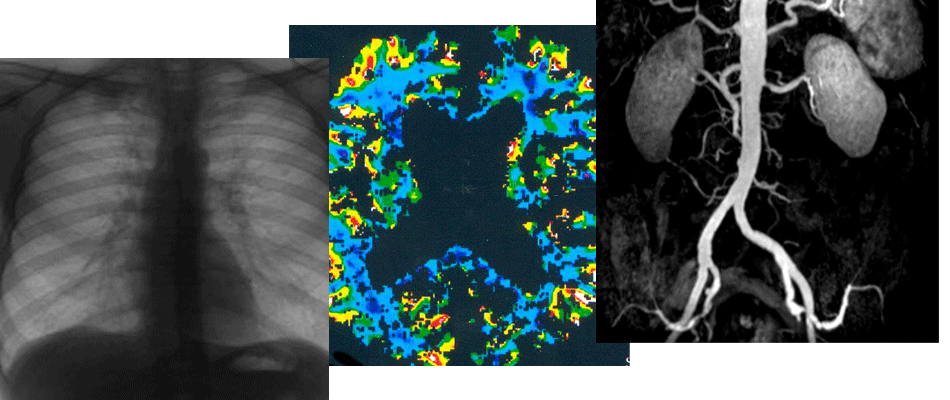|
authors:
|
Abstract: Introduction: although great progress has been made in the diagnosis and treatment of oncological diseases, malignant tumors still remain among the leading death causes globally. Thus, improving diagnostic methods, as well as predicting response to cancer treatment is a relevant clinical medicine problem. Aim: was to study the role of radiomics and radiogenomics in the diagnosis, clinical prognosis and treatment response assessment in oncological diseases on the basis of available scientific information sources. Material and methods: analysis of 55 domestic and foreign literature sources. Images obtained by the methods of diagnostic radiology (CT, MRI, PET) represent the phenotypic manifestation substrate of malignant tumors and can be correlated with the expression profiles of certain genes. Malignant tumors radiomics and radiogenomics involves the search for correlations of visualization quantitative signs with a genomic signature using computer algorithms for data analysis. The ultimate goal of this process is to establish a link between imaging features, tumor molecular genetic characteristics and treatment response assessment. Conclusion: numerous studies illustrate the possibility of involving radiomics and radiogenomics in all stages of oncological care, from diagnosis to therapeutic response evaluation and relapse risk assessment in a particular patient, which contributes to a personalized approach in oncology and clinical decision-making system implementation.








